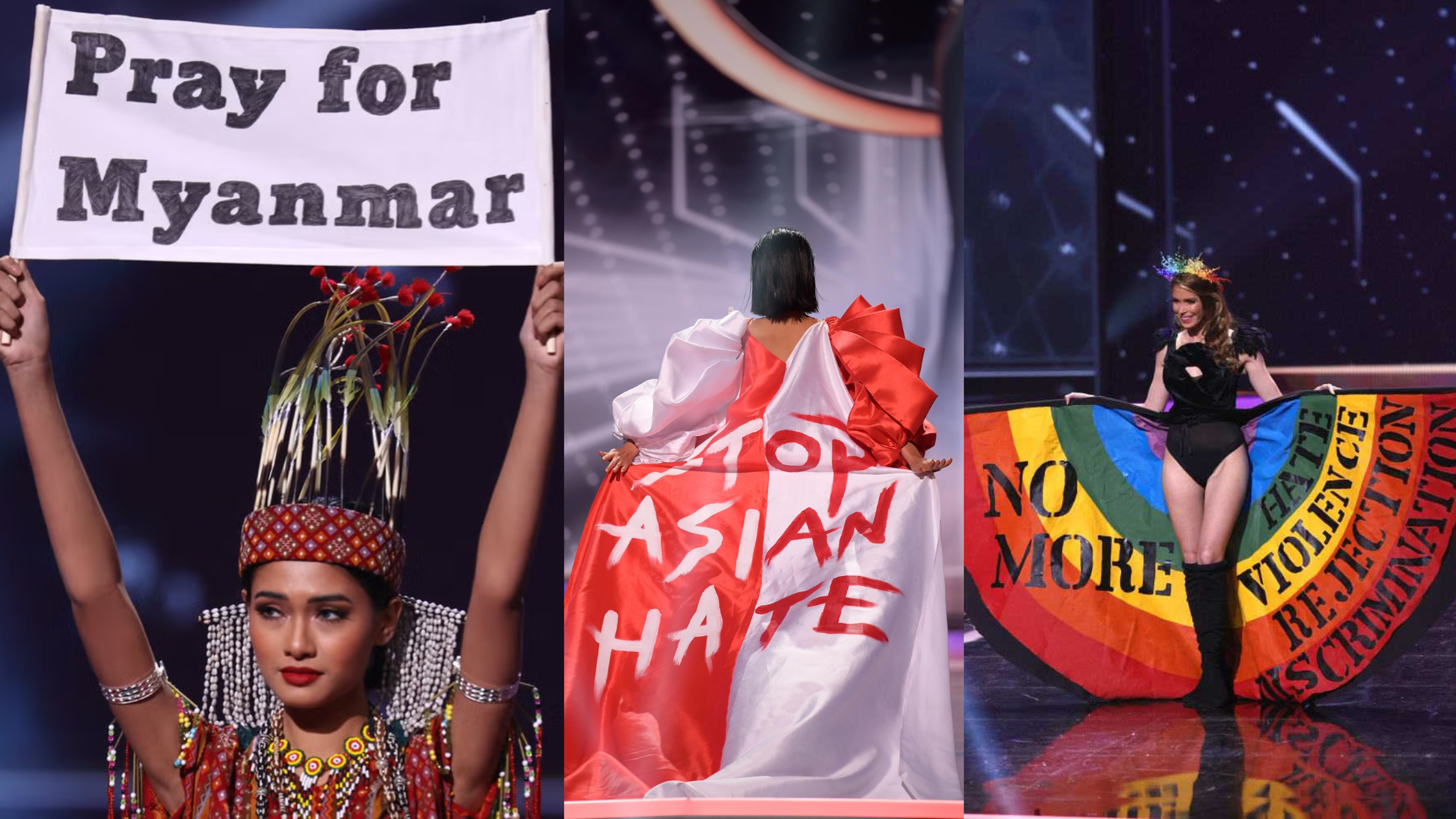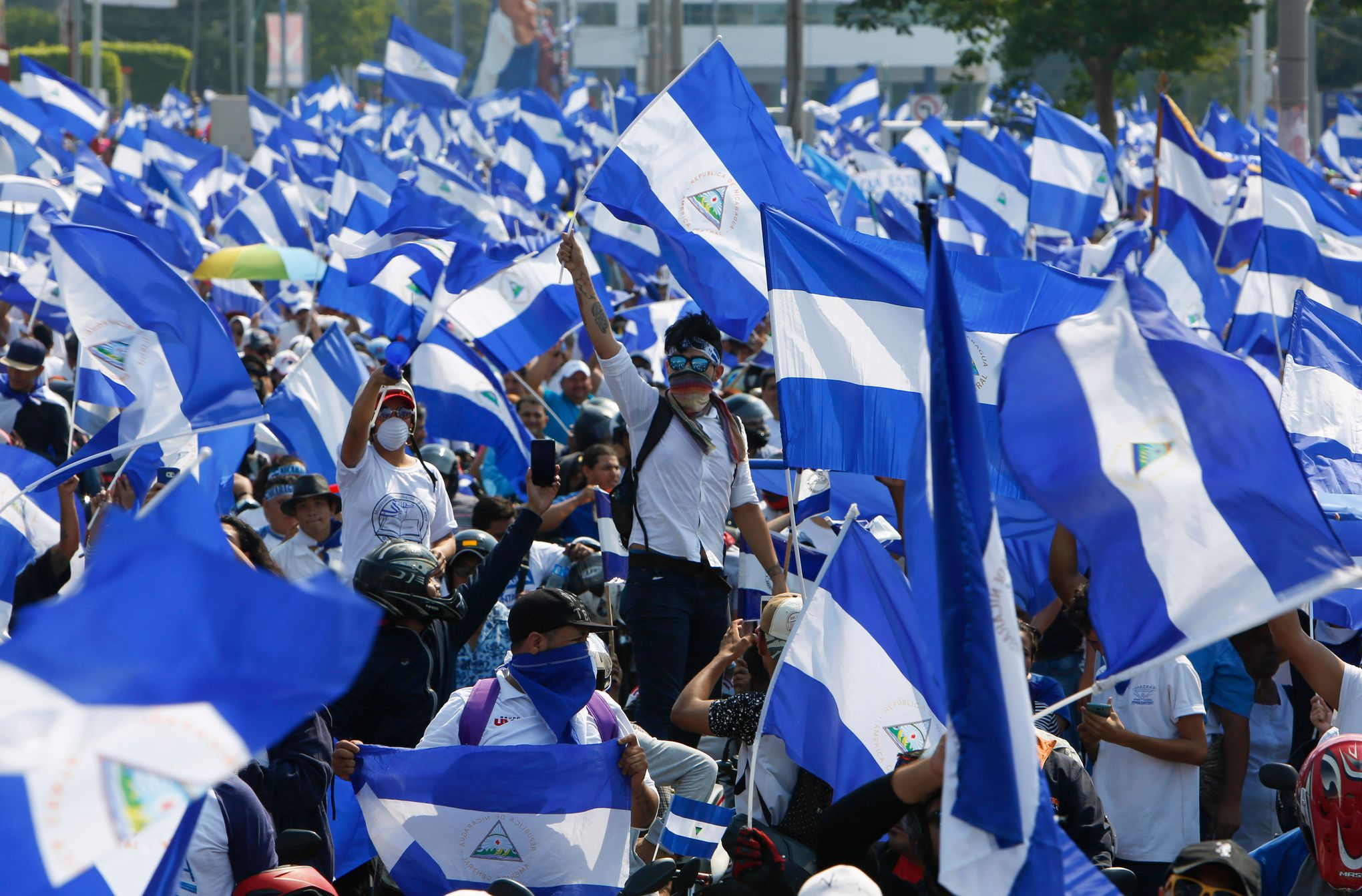Running for over 70 years, the Miss Universe has always been one of the most iconic and renowned international beauty pageant. It is easily the most widely viewed pageant in the world having been broadcasted over 190 countries. It attracts contestants from around the world, with over 80 countries participating in the 2023 edition.
The pageant receives extensive media coverage, from pre-event to the journey of the winning queens during their term. Furthermore, it also has a strong social media presence, with millions of followers across various platforms. This strong media coverage ensures that it reaches the widest audience. However, what makes Miss Universe worth watching is because it can be used as a platform for contestants to make political statements and raise awareness about various social and political issues. In recent years, contestants have openly embraced the idea that it is not just a competition but a way of bringing international recognition to issues dear to them.
In 2021, contestants like Thuzar Wint Lwin (Miss Myanmar), Bernadette Belle Ong (Miss Singapore), and Lola de los Santos (Miss Uruguay) took the Miss Universe stage and paraded their national costumes which are embedded with political messages. The pageant’s global reach and extensive media coverage ensure that these political messages are disseminated to a wide audience, making it a powerful platform for social and political activism. The pageant’s political messages have had significant impacts, such as raising awareness about issues like hate crimes against Asian Americans and violence against the LGBTQ community. The platform has also been used to promote mental health and gender equality.

Last year, the pageant crowned Sheynnis Palacios (Miss Nicaragua) as the Miss Universe 2023—first Nicaraguan to win the title. Palacios’ win was met with widespread celebration in Nicaragua, with thousands taking to the streets to celebrate and wave the national flag. Her victory was seen as a symbol of hope and change for the Nicaraguan people, with many believing it will bring positive changes for women and girls in the country. However, the celebration for Palacios’ win was short lived when Vice President Rosario Murillo accused Palacios of being part of an “unpatriotic conspiracy” aimed at overthrowing President Daniel Ortega and his wife, just three days after her crowning as Miss Universe 2023. Karen Celebertti, director of Miss Nicaragua, and her daughter were barred by authorities from entering Nicaragua after arriving at the airport on November 23, 2024. The next day, Celebertti’s Managua home was searched, and her husband and son were briefly detained. On December 2, 2023, the Ortega regime detained a TikTok user who defended Palacios and forced two artists to paint over a mural in Esteli dedicated to Palacios’ win. Furthermore, the government clamped down on spontaneous street celebrations by Nicaraguans celebrating Palacios’ win, seeing it as a threat to the regime.
Palacios’ participation in the 2018 protests seeking to overthrow President Ortega surfaced and went viral even before the Miss Universe competition. These protests were one of the biggest protests in the history of democratization of Nicaragua, with over 320 killed when the government turned to violence to silence dissent. Because of this, some Nicaraguans saw Palacio’s winning outfit—white dress and a blue cape—as an allusion to the national flag that was banned after 2018. In reality, Palacios did not incite anything overtly political during the Miss Universe ceremony. The Nicaraguan people were just hungry for something to cheer about. Since 2018, Nicaragua seemed to have resembled a police state. The Ortega regime even started a crackdown on the Catholic church, resulting in religious gatherings being prohibited also. Palacios’ win ignited a spark in the people; making them feel that they could once again take the streets, raise their national flags while singing the national anthem. It is evident that the people are loathing their state under the Ortega regime and are longing for a more democratic society. The state knows this. So when Palacios won, they did not know how to react—Ortega and his allies are paranoid with everything that does not align with them.

As the world continues to grapple with the complexities of global politics, a crisis is unfolding in Nicaragua that demands immediate attention and action. Nicaragua is now described as the North Korea of Central America because of the similarities in terms of systematic repression and isolation. This is no surprise because democratic erosion in Nicaragua rapidly accelerated during the last five years. The Nicaraguan government has been engaged in a brutal crackdown on dissent, resulting in the deaths of hundreds of protesters and the imprisonment of thousands more. However, the crisis is not well-known outside the region of Central America. Palacios’ win, as well as her growing influence, brought the issue of democratic erosion happening in Nicaragua into a new light. The curiosity of beauty pageant fans on why Palacio could not go home to her country and instead held her homecoming in the Philippines opened the topic of how oppressive the government of Nicaragua is at present. This increased global awareness has put pressure on the government to address these issues.
International support plays a crucial role in reversing democratic erosion. The erosion of democracy is a global phenomenon, and international support is essential to address these challenges. The Brookings Institution notes that democracy is in decline around the world, with more closed autocracies than liberal democracies. Using international influence in pressuring the Nicaraguan government to denounce its authoritarian ways and conform with democracy is one of the most beneficial effects of Palacios’ win. Along with the local civil society organization and opposition parties, the international community can engage in advocacy and lobbying efforts to promote democratic values and principles in hopes of reversing the democratic erosion in Nicaragua. Another key step is to provide support to the people of Nicaragua. This can include providing humanitarian aid, such as food and medical supplies, to those affected by the crisis. It can also include providing legal assistance to those who have been arrested or imprisoned, as well as supporting the families of those who have been killed or disappeared. Finally, the international community must take a stand against the Nicaraguan government’s repression. This can include imposing sanctions on government officials and businesses that are complicit in the violence, as well as supporting the Nicaraguan people’s right to protest and demand change.
Even though Palacios’ win will not bring about the freedom from oppression of Nicaragua itself, it cannot be denied it has brought a considerable amount of help in terms of spreading the current state of democracy in Nicaragua. The situation in Nicaragua is a humanitarian crisis, and as part of the international community, it is imperative of us to come together and act in solidarity with the people of Nicaragua and offer (if not bring) an end to this crisis.

0 Comments